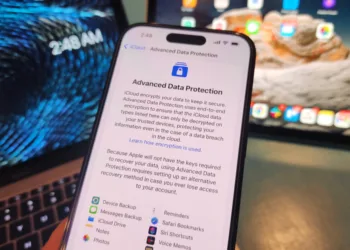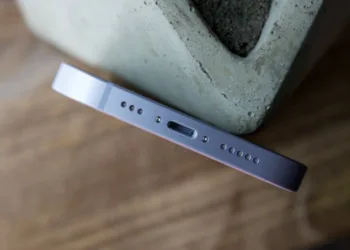Unlocked iPhones are a popular choice for many consumers, providing the flexibility to switch carriers without being tied to a specific service provider. However, while there are distinct advantages to owning an unlocked device, several downsides should be considered.
Understanding Unlocked iPhones
An unlocked iPhone is a device that isn’t tied to a specific carrier, allowing users to switch between different networks by simply inserting a compatible SIM card. This flexibility appeals to travelers and those who prefer to avoid the limitations of a carrier contract.
Benefits of Unlocked iPhones
Before delving into the downsides, it’s important to recognize some of the key benefits:
- Carrier Flexibility: Users can choose between multiple carriers and plans.
- Travel Convenience: Easily switch to local SIM cards while abroad to avoid international roaming charges.
- No Contract Obligations: Avoid the long-term commitments often associated with carrier contracts.
Downsides of Unlocked iPhones
Despite the various benefits, there are several notable downsides to consider when opting for an unlocked iPhone.
1. Higher Initial Cost
- Upfront Price: Unlocked devices are typically sold at full retail price, which can be significantly higher than the subsidized price offered through carrier contracts.
- Budget Constraints: This higher upfront investment may be a barrier for some consumers, particularly those on a tight budget.
2. Limited Carrier Support
- Compatibility Issues: Not all unlocked iPhones are compatible with every carrier. Users might face network limitations depending on their chosen provider.
- Customer Service: Unlocked phones may not receive the same level of customer support from carriers, as they are not technically responsible for the device itself.
3. Potential for No Warranty or Poor Coverage
- Warranty Restrictions: Depending on where the phone is purchased, some unlocked iPhones may not come with a warranty. This can lead to additional costs for repairs.
- Limited Network Features: Users might miss out on carrier-specific features, such as visual voicemail or advanced text messaging services, which may not function properly on an unlocked phone.
4. Network Frequency Concerns
- Supported Bands: Unlocked iPhones might not support all frequency bands used by a carrier, which can affect service quality and connectivity.
- Performance Issues: As a result, users might experience slower data speeds or dropped calls in some areas.
5. Resale Value Considerations
- Depreciation: The resale value of unlocked devices can be lower compared to carrier-locked ones, especially if a specific model isn’t in demand.
- Market Variability: The resale market for unlocked phones can be unpredictable, making it harder to gauge their future value.
6. Software Differences
- Bloatware Absence: While some users appreciate the clean interface of an unlocked iPhone, others miss the bundled apps provided by carriers that could prove useful.
- Update Timeliness: Depending on the carrier, unlocked devices might receive software updates at a different pace compared to their locked counterparts.
In Summary
While the freedom and flexibility of an unlocked iPhone can be appealing, potential buyers need to weigh these drawbacks carefully. From higher costs to compatibility issues and potential loss of features, understanding the entire landscape can help consumers make informed decisions about their mobile device choices.




